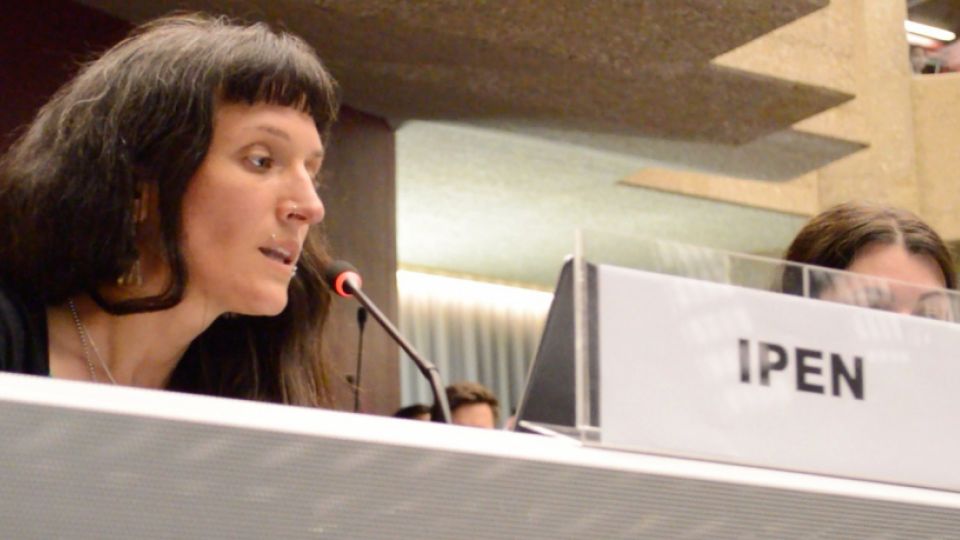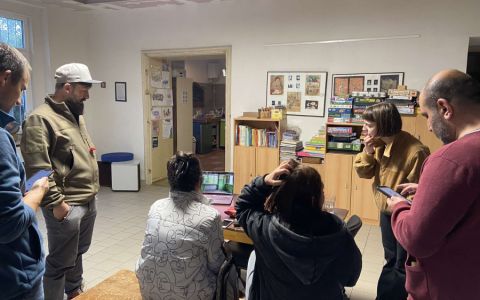Arnika’s lead expert Jindřich Petrlík and IPEN Global Researcher based in Arnika Jitka Straková called for improvements of the Stockholm convention in their interventions at the conference of parties of Basel, Rotterdam, and Stockholm conventions that takes place in Geneva, Switzerland. They stressed that the primary goal of the convention that should not be compromised is the protection of health and the environment. Both experts based their interventions on recent scientific studies that proved significant contamination of the environment by substances regulated by the convention.
Current standards for limits on POPs in waste are inadequate for protecting the health and the environment – that is the central message of an intervention by Jindřich Petrlík presented on Monday, June 6th on behalf of IPEN. His statement was based on a recent international study published in Emerging Contaminants journal. In his remarks, Jindřich Petrlík noted that setting POPs limits in waste often focuses on costs. Such an approach undermines the objective of the Stockholm Convention, which is not about avoiding costs for treatment of wastes but “is to protect human health and the environment from persistent organic pollutants.” We believe that the environmental & health costs must be the priority criterion when setting the limits for POPs in waste.
Watch Jindřich Petrlík’s full intervention:
In her intervention on Tuesday, June 7th, Jitka Straková called for the closure of the loophole in the Stockholm Convention that allows products made from recycled waste to contain these contaminants. Recycling materials containing POPs violates the goal of the Stockholm Convention to protect human health and the environment. It’s time for the Parties to withdraw their registration for the recycling exemptions. She reminded the delegates that even early warnings by the POPs Review Committee (POPRC) confirm that recycling exemptions for PBDEs would result in widespread contamination of recycled consumer products. She also mentioned the recent IPEN study of recycled plastic pellets from 23 countries that showed that decaBDE was present in the overwhelming majority (in 92%) of the investigated recycled plastic pellet samples, despite no recycling exemption for DecaBDE.
Watch Jitka Straková‘s full intervention:
Read the full interventions at IPEN’s website







